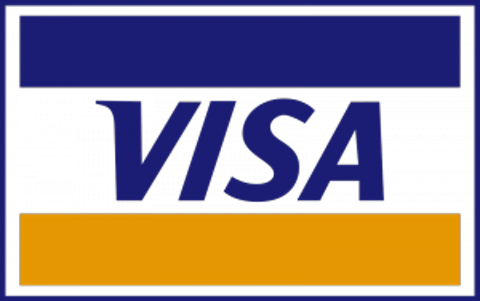The steps to living the cyclical capitalist American dream are simple. Create a product or service that everyone needs. Sell it and fend off the competition with patents, pricing and marketing. Expand your product’s reach into every niche, nook and cranny of the market. Finally, get struck down by global governments, smaller companies and protesters for being too successful and anti-competitive.
Is this cycle, which throttles the laissez-faire system on which pure capitalism is based, fair for companies and their investors? Or does it stifle innovation in favor of a more level playing field and fair pricing?

The credit card debacle in a nutshell
U.S. retailers have long claimed that Visa Inc (NYSE:V) and Mastercard Inc (NYSE:MA), which have interlocking boards of directors, have colluded to fix their transaction (swipe) fees. Retailers claim that the 1.8% to 2.5% per transaction fees charged by both Visa and MasterCard are a heavy burden to their bottom line growth. Last year, the antitrust battle, which started in 2005 and escalated for seven years, finally appeared to conclude when Visa Inc (NYSE:V), Mastercard Inc (NYSE:MA) and several issuing banks agreed to pay a $7.25 billion settlement to the plaintiffs – $6.05 billion for past damages and $1.2 billion for relief.
However, a group of 19 retailers, including Wal-Mart Stores, Inc. (NYSE:WMT), Target Corporation (NYSE:TGT), Macy’s, Inc. (NYSE:M) and Starbucks Corporation (NASDAQ:SBUX), recently decided to refuse this settlement and continue pursuing higher damages in order to force Visa Inc (NYSE:V) and Mastercard Inc (NYSE:MA) to permanently lower their swipe fees. These retailers claim that their companies already pay over $1 billion in annual swipe fees to Visa Inc (NYSE:V) and MasterCard, which means that the $7.25 billion settlement was barely sufficient to cover the costs that had piled up over the past eight years.
Visa Inc (NYSE:V) and MasterCard then struck back, suing the retailers that decided to opt out of the settlement, filing a request for a district court in Brooklyn to definitively rule that their swipe fees did not violate antitrust laws, thus blocking any further litigation from belligerent retailers.
Passing the costs onto the consumer
Some retailers have gone so far as to charge customers “checkout fees” between 1.5% to 4.0% to cover the cost of swipe fees. This prompted some consumers to start using debit cards, cash and cards issued by American Express Company (NYSE:AXP), which restricts retailers from adding additional surcharges to purchases.
As a result, many retailers also refuse to accept American Express cards, which charge swipe fees similar to Visa Inc (NYSE:V)and MasterCard. However, higher-end retailers and services still accept American Express, since it usually serves a more affluent customer base. In addition, American Express gives participating businesses exclusive access to cardholders’ information and spending habits, through a premium analytics program. Visa and MasterCard do not offer comparable services.


